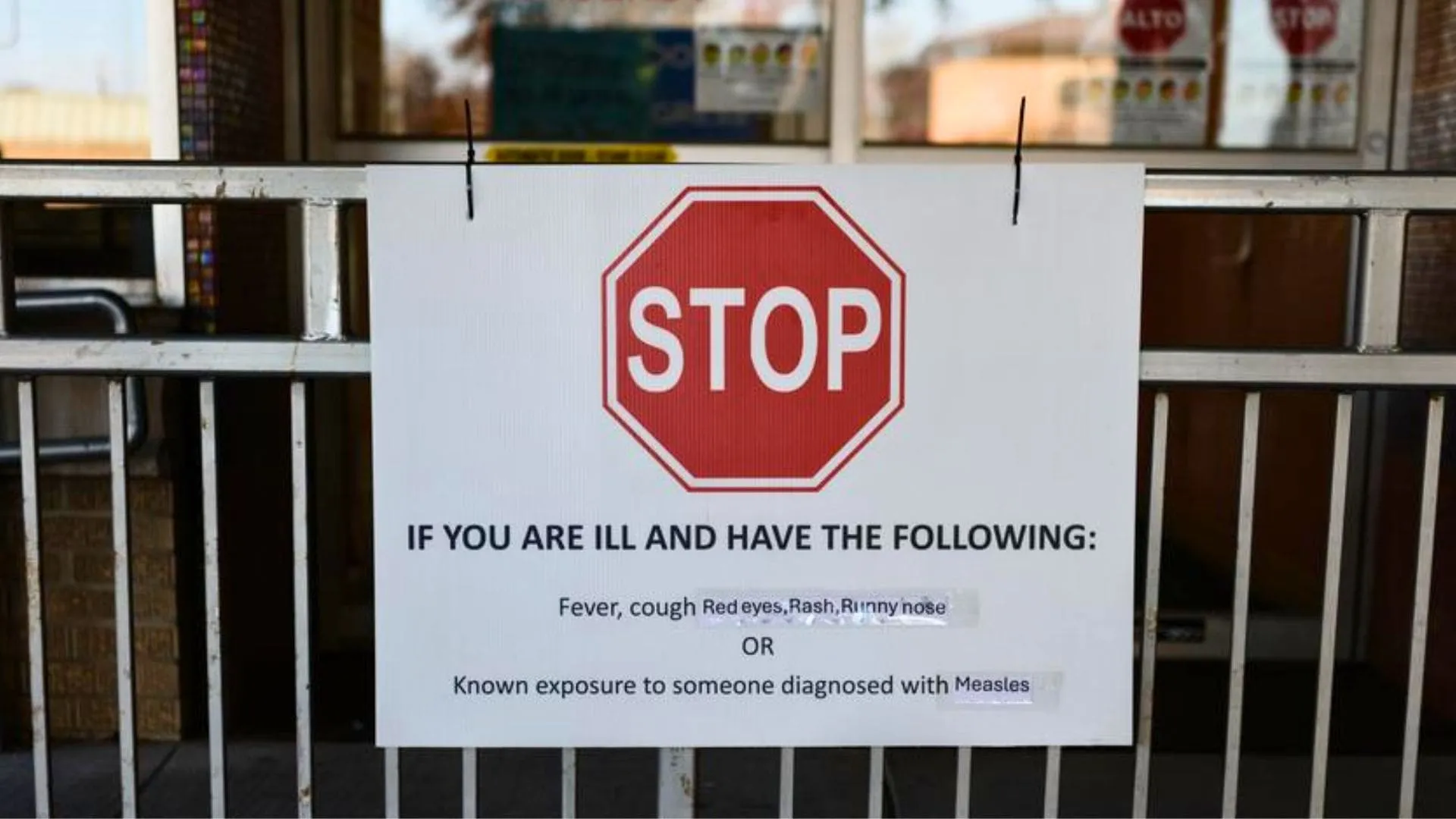Lassa fever is a viral infection that primarily occurs in West Africa, though rare cases have been reported in other regions. Recently, UK authorities have heightened their monitoring efforts following a traveler who was infected with Lassa fever, having since returned to Nigeria. This alert has raised questions about the disease, its transmission, and how it could potentially affect people outside endemic regions.
What is Lassa Fever?
Lassa fever is caused by the Lassa virus, which is typically transmitted to humans through exposure to food or household items contaminated with the urine or faeces of infected rodents. While the disease is endemic to several West African nations, it remains rare in the UK, with only a small number of cases being reported historically.
The primary mode of transmission in endemic regions is through contact with the bodily fluids of infected individuals, including blood, saliva, urine, and semen. However, it is important to note that the virus does not spread easily between people, making person-to-person transmission less common.
Key Symptoms of Lassa Fever
Lassa fever can present with a range of symptoms, often resembling other viral infections like flu or cold. Some individuals may experience no symptoms at all, while others might suffer from more severe reactions. Common symptoms of Lassa fever include:
- Fever and flu-like symptoms
- Bleeding from the nose, mouth, and other body parts
- Weakness and fatigue
- Muscle aches and pains
In some cases, the infection can lead to more severe health issues, and, if left untreated, Lassa fever can be fatal. However, most individuals who receive supportive treatment will recover, as there is currently no single effective treatment for the disease.
Risk Factors and Transmission
Lassa fever is not easily spread through human-to-human contact unless there is direct exposure to bodily fluids. This means that in most cases, the risk of widespread transmission remains very low, particularly in non-endemic areas like the UK.
Health experts emphasize that Lassa fever cases are primarily found in areas where the disease is endemic, particularly in West Africa. Humans usually become infected when they come into contact with food or objects contaminated by rodent urine or faeces. In rare cases, the virus may also be transmitted from person to person, especially in healthcare settings if appropriate precautions aren’t taken.
The recent case in the UK involved a traveler who was infected while in Nigeria. UK health authorities have taken swift action to trace any potential contacts of the individual to prevent the spread of the virus. According to the UK Health Security Agency (UKHSA), the risk to the general public in the UK remains very low.
UK Response and Public Health Measures
In response to the detection of Lassa fever in a traveler, the UKHSA has quickly mobilized its health protection teams to ensure that anyone who may have come into contact with the infected individual is contacted and advised to seek medical care and testing if symptoms develop. Dr. Meera Chand, deputy director at UKHSA, reassured the public, stating that “the infection does not spread easily between people, and the overall risk to the UK population is very low.”
The UK health authorities are well-equipped to manage potential Lassa fever cases, should any arise. The response involves extensive contact tracing and monitoring, along with providing appropriate treatment options for individuals who might be affected.
Treatment and Care for Lassa Fever
Currently, there is no single effective treatment for Lassa fever. Supportive care is the main form of treatment, which involves administering fluids, monitoring vital signs, and providing medications to alleviate specific symptoms. For severe cases, antiviral medications may be used, but their efficacy is still being studied.
Despite the lack of a definitive cure, most people who receive proper medical care will recover from Lassa fever. However, in some cases, the disease can be fatal, especially if left untreated or if complications arise.
Is Lassa Fever a Major Risk in the UK?
While the risk of Lassa fever spreading in the UK is very low, the recent alert serves as a reminder of the importance of vigilance when it comes to infectious diseases. Health authorities in the UK have stated that they are well-prepared to handle potential cases and to identify infected individuals quickly.
The risk to the general public is minimal, as the infection requires direct contact with infected bodily fluids or contaminated objects. For most people who are not in contact with an infected individual, the likelihood of contracting Lassa fever remains extremely low.
How to Protect Yourself from Lassa Fever
If you are traveling to regions where Lassa fever is endemic, it is crucial to take certain precautions to reduce your risk of infection. Here are some practical tips to help you stay safe:
- Avoid Rodents and Their Droppings: Since Lassa fever is primarily transmitted through rodent urine or faeces, avoid contact with rodents and ensure that food and water supplies are stored safely.
- Practice Good Hygiene: Wash your hands frequently with soap and water, especially after handling food or objects that might have been contaminated.
- Seek Medical Care Immediately: If you develop symptoms such as fever or bleeding, seek medical attention immediately, especially if you have been in areas known to have Lassa fever outbreaks.
- Follow Local Health Guidelines: Adhere to any health advice provided by local authorities in regions where Lassa fever is common. They may recommend specific vaccines or treatments to reduce your risk.
Frequently Asked Questions
Q: How does Lassa fever spread?
A: Lassa fever spreads primarily through contact with the bodily fluids of an infected person or by coming into contact with contaminated rodent urine or faeces.
Q: Can Lassa fever be transmitted from person to person?
A: Yes, but only through direct contact with bodily fluids such as blood, saliva, or semen. The virus does not spread easily between people.
Q: Is Lassa fever treatable?
A: While there is no single cure for Lassa fever, supportive treatment can help manage symptoms. In severe cases, antiviral medications may be used.
Q: What should I do if I think I have Lassa fever?
A: Seek medical care immediately, especially if you have been in an area with known Lassa fever outbreaks.
Lassa Fever in the UK – Understanding the Risks and Response
While Lassa fever remains rare in the UK, the recent case of a traveler being infected serves as a reminder of the need for awareness and preparedness. The UK Health Security Agency is actively monitoring the situation, ensuring that any potential cases are identified and appropriately managed. For most people, the risk of contracting Lassa fever remains very low, but those traveling to endemic areas should take necessary precautions to protect themselves.























